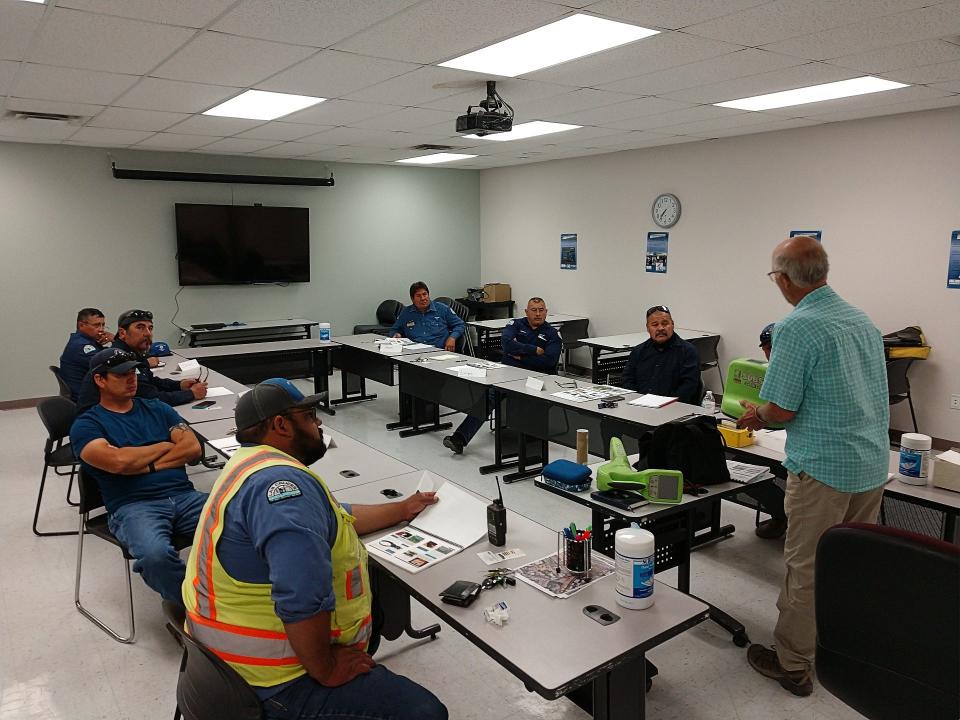What to know about how Las Cruces utility rates are determined
Las Cruces residents certainly notice when their utility bills are increased.
But the process in which those utility rates are set was updated last Monday through a resolution passed by City Council.
"The process just needed updating because in the past, we sort of shocked customers with rate increases when we haven't been consistent on researching things like current fluctuations," said counselor Johana Bencomo. "This process is just outlining the process more formally."
The last utility rate increase was to natural gas approved in 2022.
What is different about the updated Las Cruces utility rate setting process?
The previous rate setting process, which was adopted in 2016, included both an advisory group of residents and a utilities board. The advisory group would bring recommendations to the utilities board. The utilities board would then take the recommendations to city council for approval.
The new process eliminated the advisory group, as well as defined the utilities board's role in performing customer outreach, gathering input, and incorporating input. The utilities board oversees natural gas and energy, water, wastewater, and solid waste.
"It just cuts out another committee and layer of bureaucracy so that things can happen faster," said Bencomo, who is one one of two councilors on the seven-person utilities board.
The proposed rate setting process authorized the utilities board to approve an annual increase to utility rates not to exceed 5%. But after some discussion, both Mayor Ken Miyagishima and Bencomo explained that any rate increases should always be approved by city council.
"Our utility literally only makes money to be self sustaining," Bencomo said. "As the city grows, so will our utility needs. ... We don't like it, but rates have to increase because our city is growing. It just depends on how we do it."
What is the utility rate setting process?
According to assistant utilities director Dominique Rodriguez, the utilities department is an enterprise fund, meaning the only revenue it receives comes from the customers of Las Cruces.
The adopted rate review process is an eight stage process that entails:
Establishing a requirement for a rate review
Select a consultant through request for proposal process
Perform rate review study
Study results presented to utilities board
Utiliies board facilitates public input and feedback
Final report presented to utilities board
City council rate decision
Tariff approval
Bencomo proposed two amendments regarding tariff approval that were adopted.
If a phased in rate adjustment is approved by city council, the utilities board has the authority to approve an annual rate increase up to 5%, but any increase after that phased in period of time, must also first be approved by city council.
If a full rate adjustment over one year is approved by city council, the utilities board has the authority to approve an annual rate increase based on the Consumer Price Index, but only after public input and city council approval.
"The utilities board is well versed and trained so I think it has a great high quality standard, but in the future, that could be an issue," said councilor Tessa Abeyta, who sits with Bencomo on the utilities board. "It should be up to council itself to make sure its the ultimate decision maker."

Jason Groves can be reached at 575-541-5459 or jgroves@lcsun-news.com. Follow him on X, fomerly Twitter, @jpgroves.
This article originally appeared on Las Cruces Sun-News: What to know about how Las Cruces utility rates are determined

